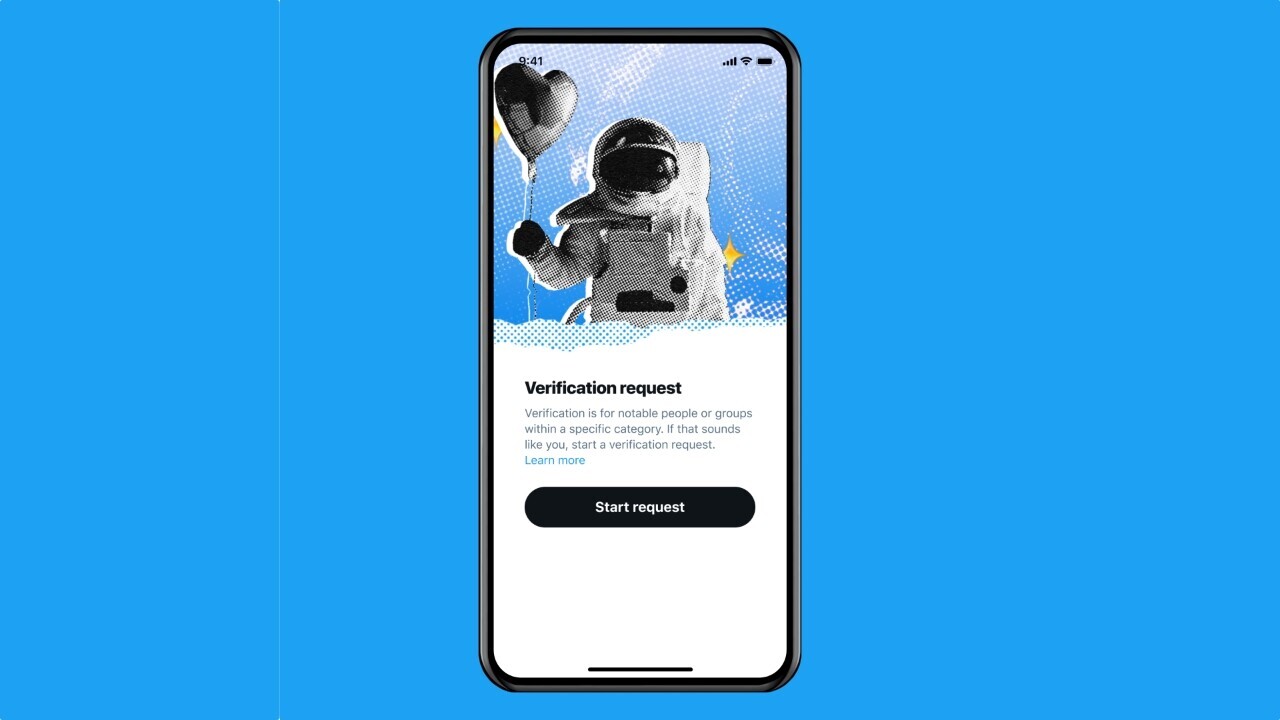
In 2017, Twitter paused its account verification process after a controversy involving a white supremacist account. The company is now officially opening up a feature to apply for verification through a form.
This comes after a phase of feedback and the introduction of a new policy for verification last year.
The social network will verify accounts belonging to six categories: government; companies, brands, and organizations; news organizations and journalists; entertainment; sports and gaming; activists, organizers, and other influential individuals.
Once this feature rolls out, you can start the verification process by heading to Settings > Account Verification. Since this is a gradual roll out, it might take a few days for this option to show up.

Twitter said that there are some basic and category-specific rules to get your account verified. Basic rules include having a profile picture, a profile name, an active account (you must’ve logged in once in the last six months), and not having a 12-hour or seven-day lockout on your profile in the last 12 months. Plus, you should also have a confirmed email ID or a phone number.
The company will also ask for a government ID, official email ID, or a link to your official website in order to verify you. Every category has its own set of rules, which you can read here. The policy also notes that Twitter takes multiple “signals” in account to verify a profile, such as references to your work or a Wikipedia article about you. It clarified that the process doesn’t just depend on the follower count.
Once you submit your application, it might take a few days for you to get a response from Twitter. If it rejects your application, you can try again in 30 days — there’s no limit to how many tries you get.
The firm said that verified accounts can lose their badge if they violate Twitter’s rules such as impersonating other accounts or engaging in spam.
Twitter noted that the current verification policy might not include all types of prominent people. Later this year, the company plans to include categories such as scientists and academics, and religious leaders. In a country like India, where there are a plethora of religious leaders, this might lead to a lot of controversies, so the company will have to be very careful in forming its policy for this category.
Get the TNW newsletter
Get the most important tech news in your inbox each week.





